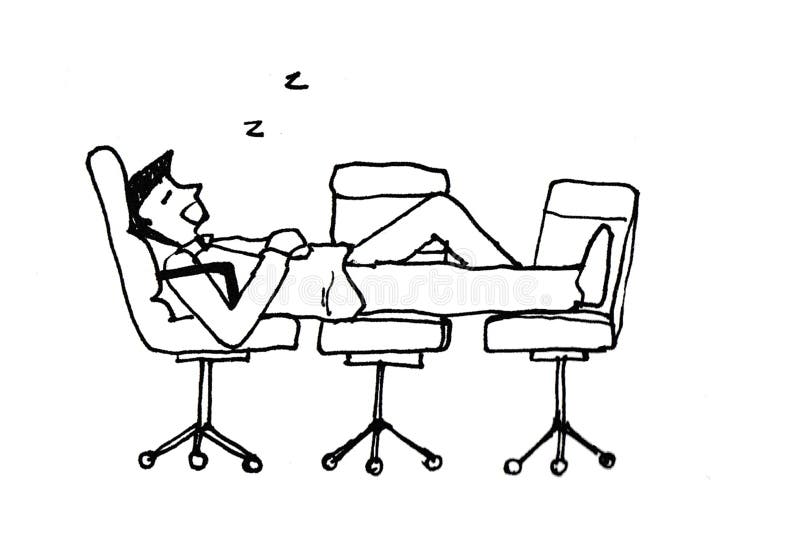

The hectic lifestyle of Japan’s city dwellers has led to the wide-scale uptake of “inemuri”, or “sleeping whilst present”. Taking a nap at work could well be perceived as a sign of laziness or a poor attitude, but not in Japan. Certain offices have even installed temporary or permanent sleeping and washing facilities in their office spaces to encourage employees to stay round the clock. Due to longer working hours, many employers now advocate a short nap after lunchtime to increase concentration. In factories and offices across China, the lines between bedroom and workspace are becoming increasingly blurred. Could naps of 20-30 minutes make for a more productive workforce, and have a positive impact on mood, concentration and attention?įollowing the findings that loss of sleep could be costing the UK £40 billion a year, is it time to make a change to our sleeping habits? To find out, we investigated eight sleeping customs from around the world and explored how they could have a positive impact on your business. Research via the National Sleep Foundation (NSF) suggests that lack of sleep can have a negative impact on emotion. © Robert Van 't Hoenderdaal There’s a proven link between lack of sleep and negative emotion, but is catching 40 winks whilst at work a proven solution?

Japanese woman asleep at Osaka station: practicing Inemuri.


 0 kommentar(er)
0 kommentar(er)
